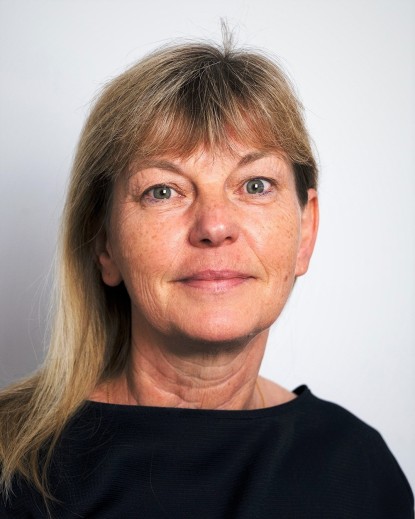Advances in various engineering and process applications necessitate better understanding of underlying surface processes and near-wall phenomena. High-temperature material synthesis and processing, engine heat transfer and combustion, and chemical process technology (chemical vapor deposition and infiltration, catalytic processes, etc.) are just a few familiar examples. Processes, such as surface reconstruction, surface material damage, material deposition, film growth and material etching, wall-flame interaction, surface reactions and their coupling with chemically reactive flows, are only a few examples to be addressed in future research efforts.
Focusing especially on flame-wall interactions, these phenomena have attracted the attention of the research community with increasing demands on combustion technology in terms of reducing fuel consumption and pollutant formation. In modern combustion processes such as low-NOx gas turbine combustion or internal combustion engine combustion in decreasing cylinder volumes and higher charging (downsizing), an intense exchange of heat and momentum with combustion chamber walls takes place, which, in turn, strongly affects species concentration in boundary layers (unburned hydrocarbons, carbon monoxide). Near the wall there is a sudden temperature drop occurring in a narrow region of less than a few flame thicknesses causing large temperature gradients.
This may lead to major modifications of the flame structure, chemical reaction pathways, and the fluid dynamics. In order to well account for such near-wall effects and heat transfer occurring in this thin region in the design of technology and engineering processes, appropriate techniques in experimental measurements, chemical kinetics and numerical modeling of such complex novel processes need to be considered and disseminated.











